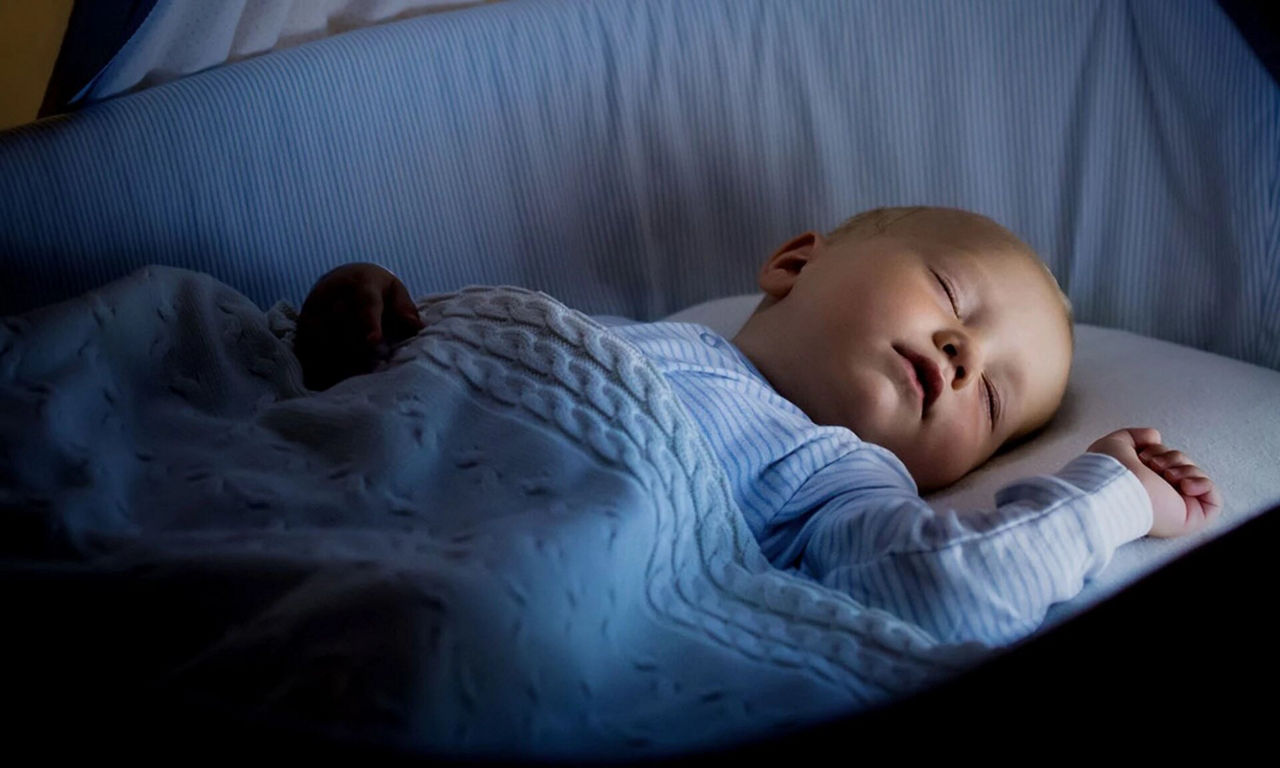It’s important not to underestimate your child’s need for sleep in first few months of life. This may be as much as 16 hours in a 24 hour period. From early on, expose your baby to bright light during wake times and dim light at sleep time, in an effort to ensure that they don’t get day and night mixed up .
Remember that your baby is unable to stay awake for long periods of time; as little as 45 minutes to a maximum of 1.5 hours, is as much as they will be able to manage before they get over-stimulated, over-tired and difficult to settle. Learn to read your baby’s sleep signals: yawning, rubbing eyes, snuggling into you: all subtle sleep cues that you shouldn’t ignore. Consider this as your baby’s natural time to sleep and create a suitable sleep environment to help them off to the land of nod…
When you miss your baby’s natural time to sleep-their body gets flooded with the stress hormone cortisol-this is designed to “fight” sleep, it makes it hard to go to sleep and to stay asleep. Babies that fall asleep at the right time find it easier to surf off to sleep and generally sleep for longer.
Within the first 6/8 weeks, it is a good opportunity to lay a solid foundation for safe, healthy sleep.
Create a flexible feeding and sleeping schedule that echoes your baby’s requirements. Create a peaceful sleeping environment, one that is conducive to sleep, for both naps and night time sleep. Adequately dark without any distractions.
Establish a relaxing and calm bedtime routine. A sequence of events focused on helping your baby wind down and get ready for sleep. Your bedtime routine should promote self settling skills, so that your baby can successfully transition through their sleep phases without needing your assistance. At bedtime, try to have your baby put into their cot, more awake than asleep, so that they can develop the skill of falling asleep-a key emotional skill and one that will promote consolidated periods of sleep as soon as they are able. For more tips read our article about combating early rising.




